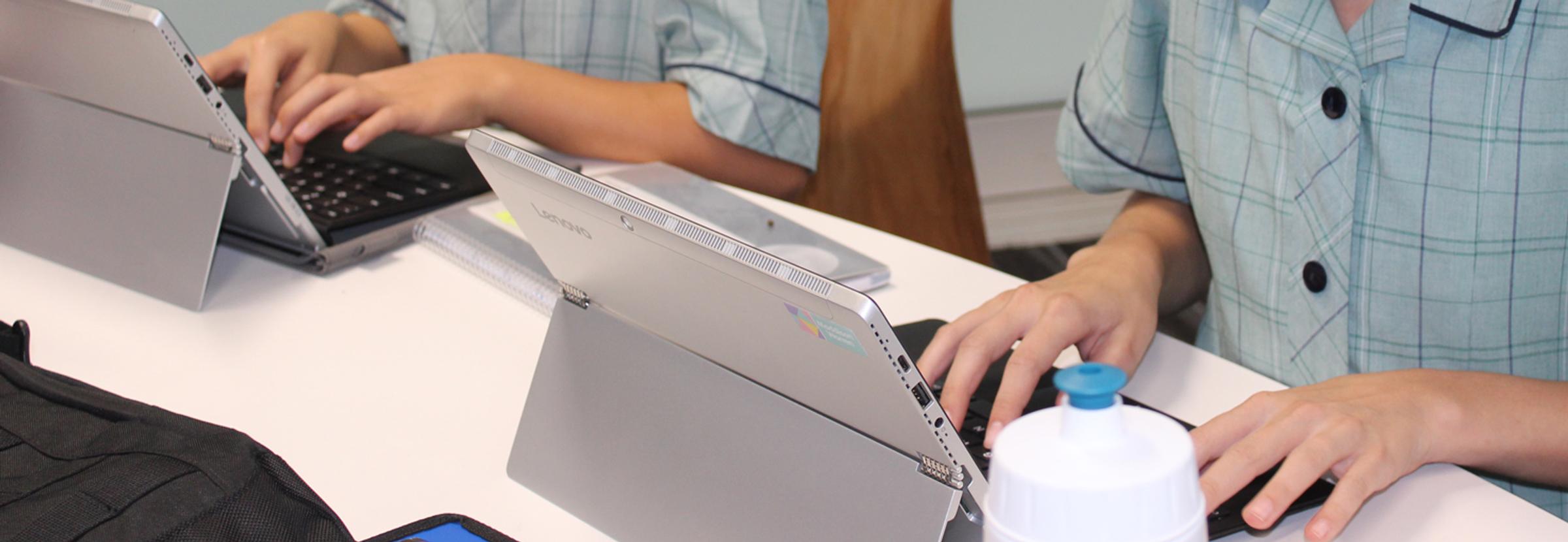Vision for Learning

Senior Years Course Information Evening
It is time for students and their families to start to consider what subject preferences students may wish to study in 2019. The first step in the College Course Counselling process is for parents and students to attend a Course Information Evening.
All sessions will be held on Monday 30 July.
- Current Year 9s - 6.30pm
- Current Year 10s – 7.30pm
- Current Year 11s – 8.30pm
The Course Information Evenings are the first part of the subject preference process for students going into Years 10,11 and 12 in 2019. At these evenings parents will hear about the curriculum requirements of the SACE, subject preference and course counselling processes and items of specific note to each year level. There will also be the opportunity to ask questions of the Year Level Leaders, Pathways Coordinator and others involved with the SACE, on the evening.
In brief, the process is as follows:
Term 3 Week 2
Attend Course Information Evening, receive information about submitting subject preferences for 2019.
Term 3 Week 4
Students can access the Curriculum Guide online via ECOLI, consider preferences, complete the subject preference form and return to school. This form starts the discussions at course counselling meetings should they be required. Changes to preferences are possible after this form has been submitted.
Term 3 Week 6 and 7
Students going into Years 11 and 12 and parents attend a course counselling meeting to discuss preliminary subject preferences. Changes may be made at these meetings. Interviews will be made online via schoolinterviews.com. Information about this process will be distributed next term. Families of students going into Year 10 are not required to attend a course counselling meeting but they are welcome to seek advice from relevant Learning Leaders regarding their preferences or contact the Director of Learning.
End Term 3
Subjects are allocated and confirmed. Once preferences have been received, a line structure is developed taking into account class sizes, staffing restrictions and the availability of specialist facilities, to piece together a whole school timetable. This also may mean that some senior courses may be scheduled outside of the normal timetable. We aim to satisfy the wishes of the maximum number of students in the College, but there will be a need, in some cases, to make alternative subject preferences. This will always be carried out in consultation with students and their families.
We look forward to sharing with you on the initial Course Information Evening.
Sandra Barry
Director of Learning
Examinations Next Week
The examination period for Years 10 and 11 will be upon us next week. Please remember that students are expected to wear the correct formal school uniform for all examinations. For exam security all students will be asked to place their mobile phones and any other devices that have internet access, such as smart watches, in a box at the entrance of the exam hall. The day–to- day arrangements for the week remain as follows. All students sitting an examination on any given day must arrive at school ready for Care Group and remain at the College until the end of their last examination. Students with no examinations scheduled for a day do not need to attend school. Monday is a study day where no students in Years 10 or 11 are required at the College. There are no examinations scheduled for Friday 29 June, so students will not be required at school unless they have catch-up examinations.
For most Year 10s this will be their first experience of a formal written examination and some students may be feeling anxious about this form of assessment. Tests and examinations are a regular part of the school environment. It is important that examinations be kept in perspective – while a regular assessment practice they are not the only assessment tool used. This form of assessment considers a student’s ability to apply their knowledge within a time limit. These examinations are also used as practice for students as they move into Year 12 in the next 2 years. By regularly practicing a skill we are more likely to improve our skill level and this is one way that students could view the approaching examinations.
Some things can also be done to make examinations a more valuable, worthwhile and less threatening experience for students. At the College, subject teachers will have spent time helping students to revise and to learn a range of examination techniques relevant to particular subjects. At home, families can help students prepare for examinations in the following ways:
- Establishing a regular routine for study and revision
- Making sure there is a quiet area, free from distractions where students can work
- Helping students maintain a balanced lifestyle, including adequate rest, sport and leisure activities and a healthy diet.
As always, please get in touch with your child’s Care Group teacher if you have any concerns about how your child is coping with the examination and assessment period.
Sandra Barry
Director of Learning
